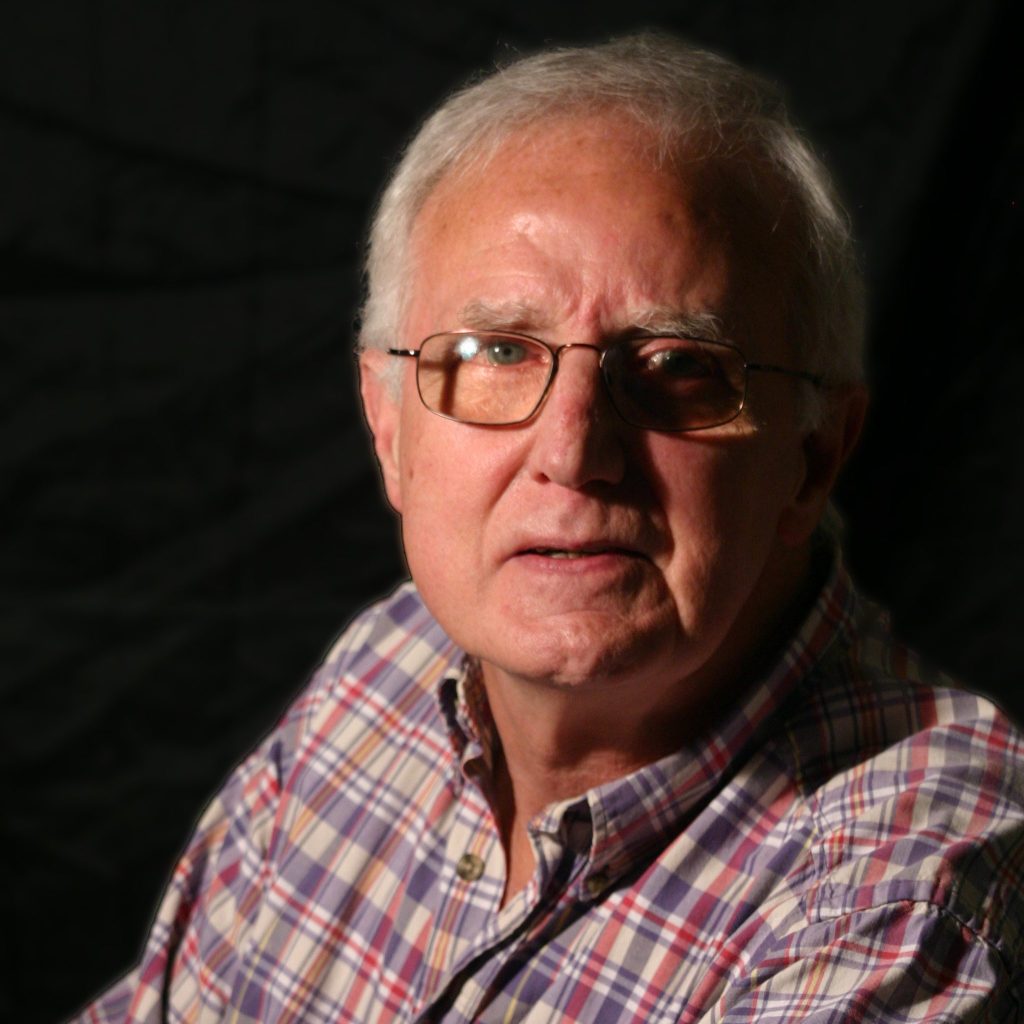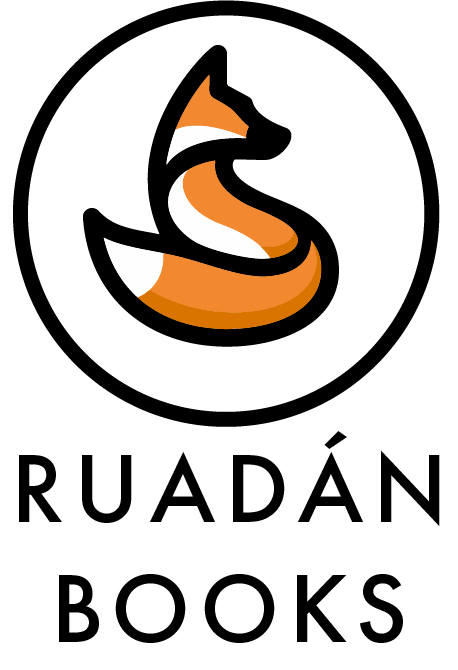If you’re a writer, it’s the classic interview question (or even the one that just occurs in general everyday chat.) ‘Where do you get your ideas from?’
If ‘getting ideas’ were a rational, recognisable process, the answer would be easy. In fact, the question wouldn’t need to be asked. But the number of books, stories, plays and other imaginings that demand twists, manipulations of apparent ‘truths’, the creation of alternative realities and action sequences that seem only marginally dependent on ‘facts’ just keep on multiplying, so the supply of those all-important ‘ideas’ seems healthy and, well, ‘normal’.
So rather than indulge in speculation about the workings of the writer’s brain or analyse what gave Thomas Hardy the brilliant idea of making Jude the Obscure walk to the middle of an icy pond, jump on the cracking ice, fail to drown himself and, consequently suppose that he was ‘not a sufficiently dignified person for suicide’, I’ll take what to me was a simple personal example, which became a story I co-wrote with the hugely talented Eden Baylee, and not bother with any ‘analysis’.
When, like me, you live in Aberdeen, a lovely city on the north-east coast of Scotland, the chances of sitting in the warm evening sun with your wife, sipping an excellent but surprisingly inexpensive white wine, are rare. However, when they do occur, one tends to make the most of them. And that was the case very recently. We’re fortunate to have, at the back of the house, a long, well-stocked garden with what I presume is called a patio between it and the back door. This patio consists of large, flat paving slabs on which sit various benches, two chairs and two small round tables. When the sun begins to curve its way down towards night-time, it’s the perfect place to sit, relax and unwind.
Which is exactly what was happening on one particular August evening this year. My wife had poured two glasses for us and, as she was setting the bottle back on the table, she noticed that it (the table, not the bottle) was ‘a bit wobbly’. I looked and, sure enough, because of the unevenness of a couple of the slabs, there was a small gap between one of them and the table leg. Being a man, I took it upon myself to remedy the situation, got up, went into the house, grabbed a piece of paper from my desk, went back outside, folded the paper a few times, pushed it under the leg to plug the gap and we both continued enjoying the wine and sunshine.
It was only later, when we were back inside eating dinner that the ‘idea’ occurred to me. ‘What if…’ I thought, ‘…the husband in this scenario went back into the house before the wife and as she was getting up to follow him in, her eye was caught by the piece of paper. She picked it up, unfolded it and it turned out to be some sort of compromising material?’
And so a story was born. I wrote the first part, which essentially covered the sequence I’ve just been describing, then handed it over to my brilliant co-writer, Eden. There was no collaboration between us – she could have chosen for it to be a note from the husband’s lover, a lawyer’s advice about possible divorce proceedings, a letter about the husband’s serious heart condition or anything.
The moral of it all? There isn’t one, except, perhaps, to say that ‘ideas’ for stories aren’t necessarily brainwaves. Now and again, just try looking at simple, everyday nothings from different angles.

Bill Kirton was born in Plymouth, England ages ago. He has been a teacher, university lecturer, tv presenter, actor, director, but took early retirement in 1989 to concentrate on his writing. He spent a sabbatical year at the University of Rhode Island Theater Department, which commissioned him to write translations of 3 Molière plays, one of which won third prize in the British Comparative Literature Association’s Annual Translation competition, 1999.
He’s written stage plays, which were performed in Scotland and the USA, and radio plays for the BBC, two of which were also broadcast in Australia.
With his wife, Carolyn, he wrote and performed songs and sketches in revues at the Edinburgh Festival Fringe.
He’s written five books in Pearson’s ‘Brilliant’ educational series on study, writing and workplace skills and co-authored Just Write for Routledge academic research.
Since the late 1990s, he’s concentrated on prose fiction and written many short stories, ten novels, two of which have won awards, with a third being long-listed for the Rubery International Book Award. Five of the novels form a mystery series as police procedurals, two are historical mystery/romances, two are satirical, humorous pieces, and there’s one for children.
He’s held posts as a Royal Literary Fund Writing Fellow at universities in Aberdeen, Dundee and St Andrews and, from 2015 to 2018, was the organiser of a Scotland-wide scheme called The Bridge, which places professional writers in schools to help students with the transition to writing at university.
